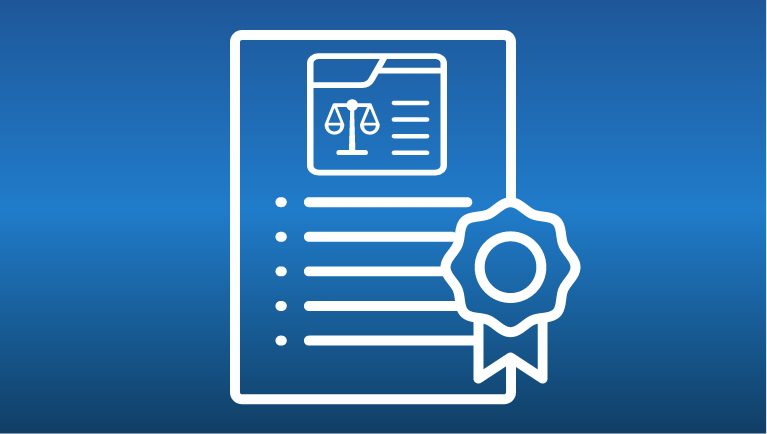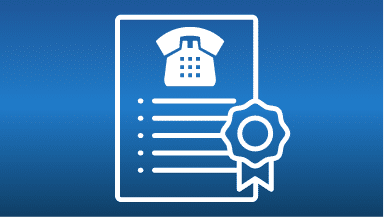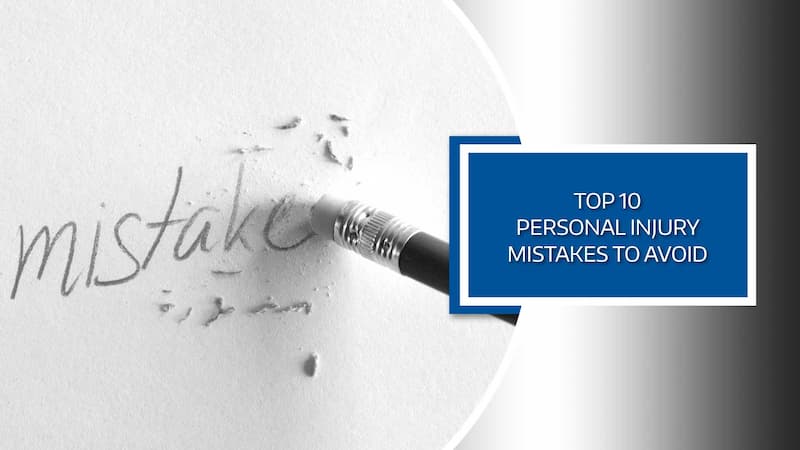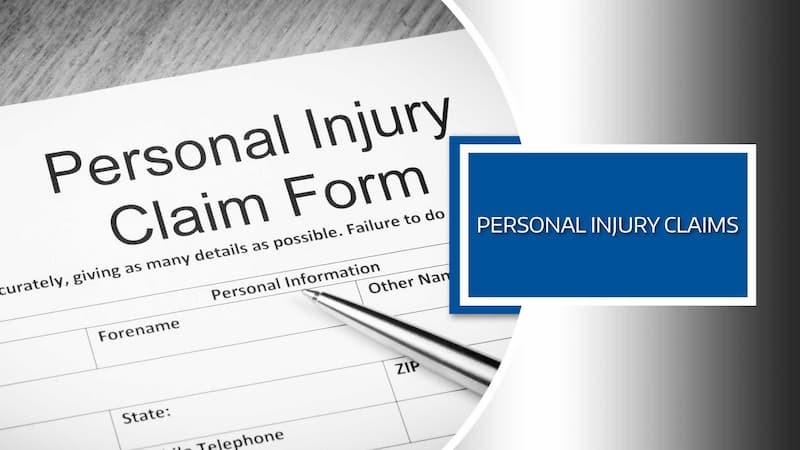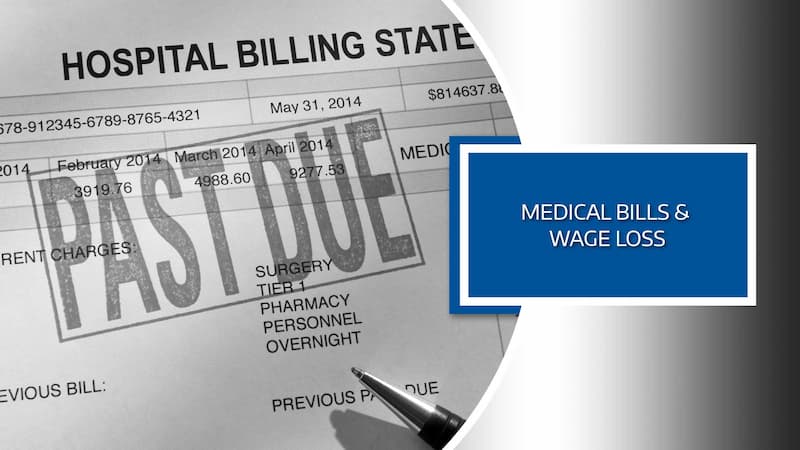#4 What should I do if my patient’s PIP is exhausted after being treated due to a car accident?
PREGUNTA: What should I do if my patient’s PIP is exhausted after being treated due to a car accident?
RESPUESTA: If your patient’s PIP benefit is depleted, you may be able to access “hidden” PIP policies. If they were a passenger at the time of the accident, their own car insurance policy might offer additional PIP benefits. Also, if your patient was living with a family member at the time of the accident who has auto insurance, their policy may provide further PIP coverage. If your patient was a pedestrian when the accident occurred, the patient’s car insurance or their family member they were living with’s PIP policy covers them. It’s critical to your patient completing their treatment and getting the care they need to investigate other PIP policies that may be available to them.
What should I do if my patient’s PIP is exhausted after being treated due to a car accident?
It’s understandable to assume that once your patient’s PIP benefit is exhausted there’s no other PIP coverage to use for their medical treatment.
While this is true most of the time, there may well be “hidden PIP policies” that can be tapped into.
When talking with our clients, the first thing we ask is if they were a passenger in someone else’s car at the time of the accident. If they were and that PIP policy becomes exhausted, then we ask if they have their own automobile insurance policy. If they do, then there’s a second PIP benefit they can access to cover their treatment for their injuries.
Let’s say they did have a secondary PIP policy and that becomes depleted. Believe it or not, there may be a third PIP policy they can access.
If they were living with a family member who had a separate auto insurance policy when the collision happened, they could file a claim with that PIP policy.
For pedestrian claims, the rules work a little differently. If your patient was a pedestrian who was hit by a car, the first thing to look at is whether your patient has their own automobile insurance policy. If they don’t, you then look to see if they were living with a family member at the time of the accident who has a car insurance policy.
It’s important to know that your patient doesn’t have to be named on the car insurance policy to access the PIP benefits — as long as they were living with the family member when the accident occurred.
The statute simply says that if they are living in the same residence with the family member at the time that the collision happened, they can make a claim on that PIP policy. This rule applies to their parents, siblings, or cousin’s policies. even though they had nothing to do with the accident.
From a practical standpoint, many of our clients are hesitant to make a claim on a family member’s policy when that family member is allowing them to stay at their home. We do understand this, but it’s important to know that the option can be there. That said, we do also see situations where a policy is worded in such a way that the additional PIP claim cannot be made.
Accessing the policies of family members you live with does sound strange, but that’s the way the Oregon PIP statute Is written.
The one big difference is if your patient has been injured as a pedestrian — only after their health insurance has been used (if they have it) — can they look to the defendant’s automobile policy (PIP).
If your patient’s PIP benefit runs out, by asking a few simple questions you may well find additional hidden pip policies that can be used for your patient to complete their treatment.
We’re here to be a bridge of support for you and your patients.
We have developed a robust library of information for your patients who have been injured in an accident, which can be found in the INJURED? START HERE portal on our website.
There are 40 topic-focused articles, with accompanying videos, organized into the four categories that include the personal injury claim-related questions we’re asked most often, which include:
- Los 10 Principales Errores En Lesiones Personales Que Debe Evitar
- Lo Que Necesita Saber Sobre Su Reclamo
- ¿Cómo Se Pagan Mis Facturas Médicas y la Pérdida de Salario?
- Cómo Prepararse para Su Examen Médico Independiente
Each article provides advice and guidelines to help your patients navigate each phase of the personal injury claims process. Whether we represent your patient or not, we are passionate about them knowing how to protect their rights, get the medical care they need, and avoid the mistakes that can harm their personal injury claim.
Each article provides advice and guidelines to help your patients navigate each phase of the personal injury claims process. Whether we represent your patient or not, we are passionate about them knowing how to protect their rights, get the medical care they need, and avoid the mistakes that can harm their personal injury claim.
Additionally, if it would be helpful to have the information we feature on our website available in your office to pass along to your patients, we’ve developed brochures for each of the four article series -- in both English and Spanish that we’re happy to send to your office. Please complete the form below and we’ll get them out to you promptly.












